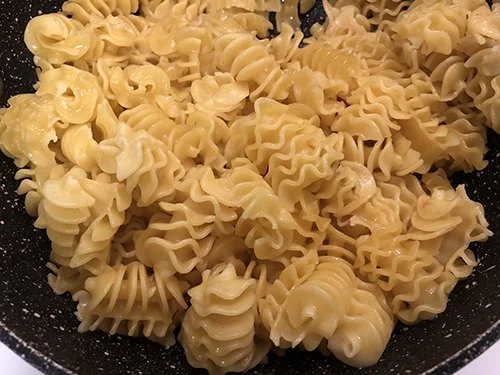Fake News
Photo © Rob Jones
So, in the latest Minhall and Jones Podcast I quite blithely suggested that Ravioli originated from China, and the little parcels of dough stuffed with meat or veg were actually a distant cousin to the Chinese Jiaozi.
Apparently I am wrong - with a little bit of right thrown in. I put my hands up.
So the legend goes, the Venetian merchant and explorer, Marco Polo travelled along the ancient Silk Road through Asia in the late 13th Century, later writing what could be termed as the first guide book - The Book of the Marvels of the World.
After being ‘detained’ for 24 years at the court of Kublai Khan, he eventually was allowed to come home to Italy with a fortune in gemstones - but no pasta. He got on the wrong side of the Genoans who locked him up for four years where he dictated his book about his travels. He did note that the Chinese did eat something akin to pasta - which were probably noodles.
The misconception that Marco Polo brought Pasta back to Italy from his travels was reinforced by an article published by the New Macaroni Journal of 1919, as part of a campaign to encourage people in America to eat Pasta.
I’m inclined to believe the National Pasta Association of the United States - yes there is one - which suggests that although the earliest Pasta recipes appeared in Italy about the time that Marco Polo was alive, it didn’t become popular in the 14th century. Some form of Durum Wheat dough cut into strips and either boiled or baked was common in many countries before long before that.
Indeed the ancient Greeks had a word for it - Itrion. There is a myth (on the internet) that the Roman god Vulcan actually had a pasta machine. I have a feeling this might also be Fake News.
Anyhow, it took off in America when its President Thomas Jefferson, who had been ambassador in Paris, brought over a pasta maker in 1789 because he loved it so much.
Needless to say there is an International Pasta Day - October 17th.
Where would we be without popular myths.
R.




